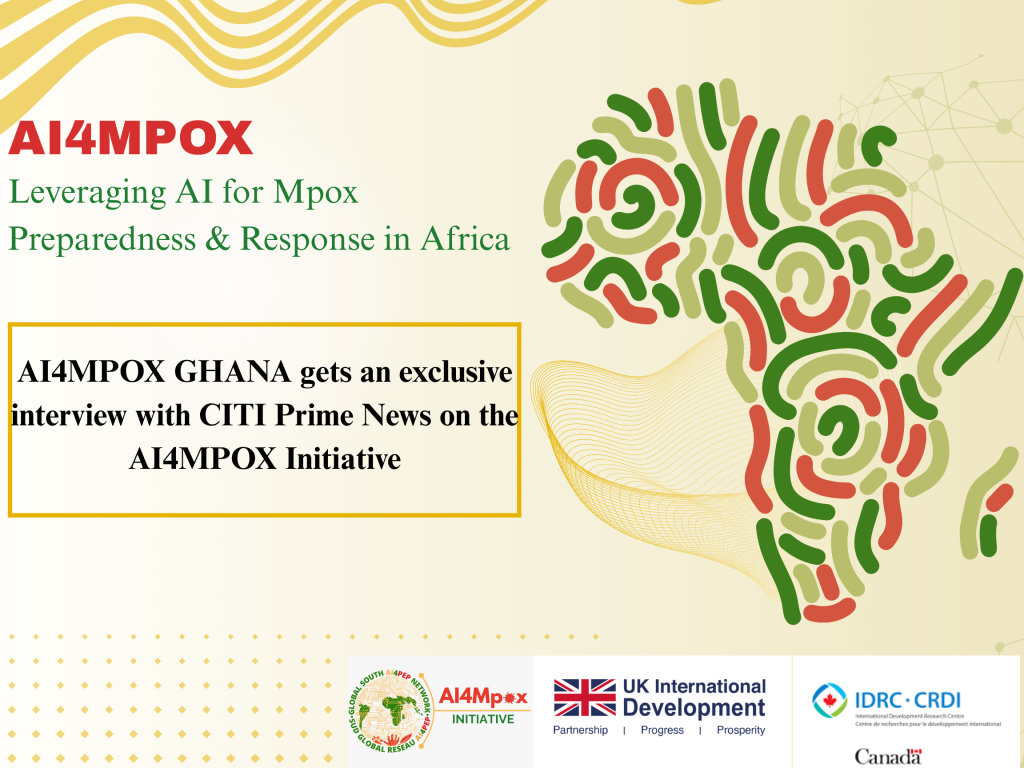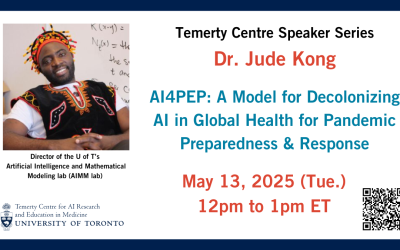
In a timely and urgent message, Professor Benjamin Emikpe, Dean of the School of Veterinary Medicine at the Kwame Nkrumah University of Science and Technology (KNUST) in Kumasi, Ghana, is raising alarm about the growing threat of Mpox (monkeypox) in the country. In a recent interview with Citi Prime News, Professor Emikpe linked the rise in Mpox cases to increasing human encroachment into forested areas driven by land degradation, mining activities, and the effects of climate change.
“When mining encroaches into forests, the wildlife-human interface intensifies,” he explained. “This increases contact with animals that may carry zoonotic diseases like Mpox.”
Zoonotic diseases, those transmitted from animals to humans, thrive in environments where ecological balance is disturbed. The interaction between displaced wildlife and human populations creates the ideal conditions for outbreaks. In Ghana and across West Africa, these risks are escalating.
To confront this growing challenge, Professor Emikpe leads the AI4Mpox Ghana team, part of the broader AI4PEP Mpox Initiative, a multi-country, AI-driven effort aimed at early detection, forecasting, and management of Mpox outbreaks.
A Pan-African, AI-Powered Response
The AI4PEP Mpox Initiative is funded by the International Development Research Centre (IDRC) and the Foreign, Commonwealth and Development Office (FCDO), with institutional support from York University and the University of Toronto. It is led by Professor Jude Kong, a Cameroonian data scientist and global health leader.
The initiative brings together teams across Ghana, Senegal, Nigeria, Cameroon, the Democratic Republic of Congo, Burundi, Ethiopia, and Uganda. Each country team is developing and deploying AI-powered tools tailored to their local contexts, informed by expert knowledge of zoonotic diseases and public health systems.
In Ghana, Professor Emikpe’s team is focused on forecasting hotspots, identifying areas with high population density and high risk, and optimizing vaccine pre-distribution. Their goal is to act before outbreaks spiral out of control.
“Our AI models will help us mitigate misinformation and guide public health interventions,” said Professor Emikpe. “These models are developed hand-in-hand with experts who understand zoonotic diseases in our context.”
Building the Tools for the Future
The Ghana team is developing interactive dashboards, AI-powered forecasting models, and community-informed strategies that improve how health systems respond to Mpox. By combining local expertise with cutting-edge technology, AI4Mpox Ghana aims to ensure that the country is not caught off guard by future outbreaks.
As the recent increase in confirmed Mpox cases in West Africa shows, the threat is real and growing. Professor Emikpe’s warning is a reminder that public health crises are often rooted in environmental change and that AI, when guided by the right people, can be a powerful tool to prevent them.
Watch Professor Emikpe’s full interview with Citi Prime News


